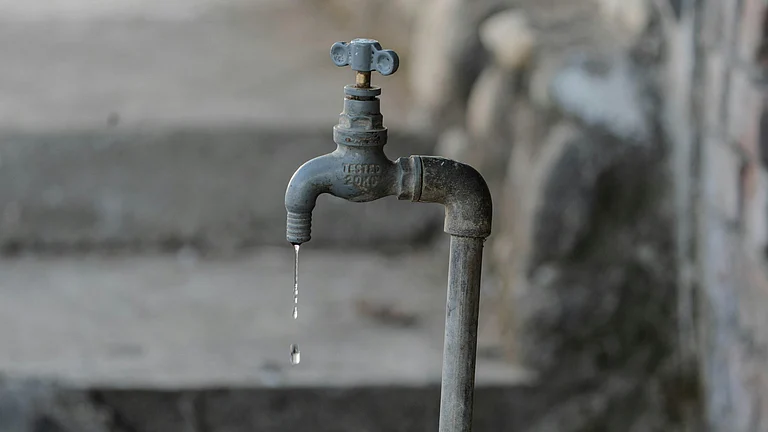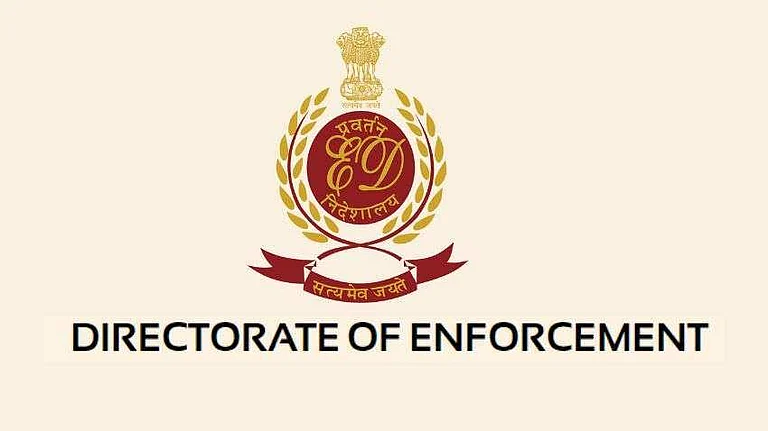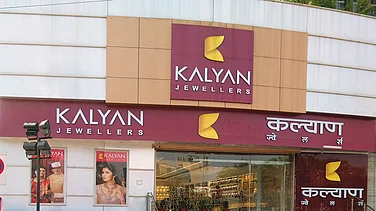Jindal Group’s subsidiary company, Jindal Infralogistics, is likely to challenge the Delhi High Court order that striked down an arbitral award worth Rs 1,891 crore payable to the company by the government-owned power firm NTPC. The company, based on the advice of its legal experts, will appeal the order before the division bench of HC, according to an exchange filing on the national stock exchange (NSE) on February 3.
“The HC of Delhi, however, has protected Jindal ITF from any adverse action by NTPC till an appeal is filed by JITF against this order. JITF, based on expert legal advise, will appeal this order before the Division Bench of High Court of Delhi,” said the company in an exchange filing.
An arbitral award is a ruling based on an alternate dispute mechanism passed under the Arbitration and Conciliation Act, 1996, rather than a regular court order.
The move by the company has come after a single judge bench of the Delhi HC on January 30 found the earlier passed arbitral award against NTPC was “patently illegal and perverse” and the damages were not calculated on a proper basis.
“The award is so perverse, it has to go in totality,” the court said, according to the Mint.
Jindal Infra vs NTPC Legal Battle
The conflict stems from a tripartite deal signed in 2011 between NTPC, Jindal Infralogistics and the Inland Waterways Authority of India (IWAI) for the transportation of coal through National Waterway 1 to NTPC’s Farakka thermal power plant located in West Bengal.
According to the deal, Jindal Group’s company was responsible for building infrastructure for coal transportation in two phases. The conflict between the two companies had arised after long delays in constructing the infra. In 2017, Jindal ITF took arbitration route against NTPC and blamed the government-run power corporation for the delays. Consequently, NTPC terminated the contract.
The arbitral tribunal ruled in favour of Jindal ITF in 2019 and awarded Rs 1,891 crore as damages for wrongful termination of the contract. The government-run power company moved to the Delhi High Court challenging the arbitral award, citing that the 2011 agreement didn’t have a “no damages” clause.
































